What is the net worth of your fish oil?
You already know the many benefits of taking fish oil, but how much is enough? Can you have too much of a good thing? When looking for a proper serving size of your daily Omega-3s there are several factors to consider when looking at the fish oil worth.
No two people are alike. Figuring out fish oil worth to your overall health will depend on you as an individual rather than a one size fits most approach. When determining the perfect serving, you first have to consider the basics: height, weight, health, level of activity, and lifestyle, in particular your diet. Are you looking to maintain optimal health? Or are there certain ailments you are hoping to benefit with this natural elixir? These are obvious aspects to look at. However, there are other considerations to keep in mind.
Your health
According to The Mayo Clinic, studies have shown that the omega-3s in fish oil can help with a myriad of health issues. We recommend that you Google Mayo Clinic, fish oil and health benefits for a medical perspective. There are many potential benefits related to heart, brain, eye, joint, and lipid health. However, further well-controlled clinical trials are needed to understand all the benefits and at what serving size one needs to take to see benefits.
It is also important to note when evaluating the net worth of fish oil that the topic is still being thoroughly investigated by scientists and nutritionists. In fact, only a few omega-3 fats have been approved by the FDA. For example, Omacor or Lovaza (the Ethyl ester of EPA) has been approved to lower triglycerides in patients with hypertriglyceridemia-high blood levels of triglycerides-at a serving/day of about 3.5 grams. Most dietary supplement forms of omega-3 fats are in the natural triglyceride form, which is different than the ethyl ester forms that are usually pharmaceutical products.
While a major consideration is the strength of EPA and DHA in a serving size, another major consideration is uptake and accumulation in cell membranes. We believe that uptake is influenced by strength, and diet, and whether or not your fish oil is taken with other fatty foods or on an empty stomach. The best way to know if you are getting uptake of omega-3 fats is to measure the cell membrane concentration. From our studies and those of others, we believe that a cell membrane concentration of 8% or more can be achieved while supplementing with 3 grams of a combination of EPA and DHA daily for 30 days. Actual percentages will vary a bit depending on diet, and body type.
For best results take with food or fatty food and decrease your intake of omega 6 fats.
Anyone wanting to get in on this train to wellness town can start out at a suggested serving of 3 grams of EPA and DHA. This will provide the basic benefits of fish oil.

Your diet
The amount of your omega-6 intake can affect your need for omega-3s. Omega-6 fatty acids are typically found in popular western diet staples like processed food – you know, the salty, sugary stuff that has lasted on the shelves since the last world war. The omega-3 fatty acids you are looking for can’t be made by the body. Typical sources of EPA and DHA are found in salmon, tuna, mackerel, trout, mussels, oysters, and crab. However, unless you are lucky enough to live by a fisherman’s wharf or you have a punch card at Red Lobster, chances are you aren’t eating this much fish on a daily basis. If you are missing EPA and DHA rich foods, AND you are eating foods loaded with omega-6 fatty acids, you will need to increase your fish oil intake to combat this.
The quality of your supplement
There are plenty of fish in the sea and plenty of fish oils, but not all will do you right. When checking out how much of a fatty acid fix you may need, it is important to look not just at the milligrams of oil that you are taking, but at the amount of EPA and DHA that your oil contains. If most oils only contain 30-40% of fatty acids, you are only getting 300 to 400 mg a day within a 1,000 mg dose. Some fish oil benefits aren’t noticeable until you are taking 2000 to 3000 mg of EPA and DHA per day, so you could end up taking a lot of fish oil capsules at once to get a benefit. Holy mackerel, that is too much to swallow. That said some fish oils today such as SFH fish oil are 79-80% EPA and DHA. That means for every 1000mg of fish oil you get 790 to 800 mg of EPA and DHA. SFH Omega-3 oils meet these criteria.
Not only is it smarter to take less of a better quality oil, a high-grade International Fish Oil Standards approved fish oil is safer in terms of toxins, heavy metals, and oxidants. With this improvement, you can increase your serving and quicken the absorption of omega-3 fats, while reducing the ratio of Omega-6 to Omega-3 fats.
Armed with the knowledge of what you need and which oil is better, you can use the serving suggestion as a guide. Try out your calculated result and see how the supplement is affecting your body. Does your general health seem to be on the upswing, or do you still feel like you are swimming upstream? If the changes aren’t very pronounced, increase the serving for a couple of weeks in order to allow the oil time to work and then compare your results.
Since the foundation of evaluating the net worth of fish oil to your overall health rests in having high-quality formulas at the ready, you need a product you can trust for this aspect of your health. If you are still looking for a proper fish oil to upgrade your constitution, we have a solution here at SFH. We cast a wide net when looking for the highest quality product with a high concentration of EPA and DHA in one serving (3.5 grams). Our fish oil is a sustainable, American made product sourced in Alaska. Our fish are processed quickly to maintain freshness and minimize oxidation. Our oils are third-party tested and meet IFOS specifications. Plus, we have a women’s option, which has the added benefit of vitamin K, A, D and folic acid. That all adds up to a whole lot of premium support for your body, which makes SFH fish oil products quite the catch.




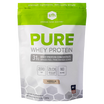
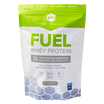

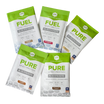
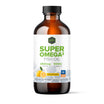
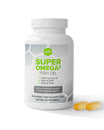
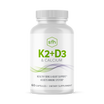
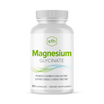
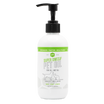
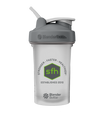

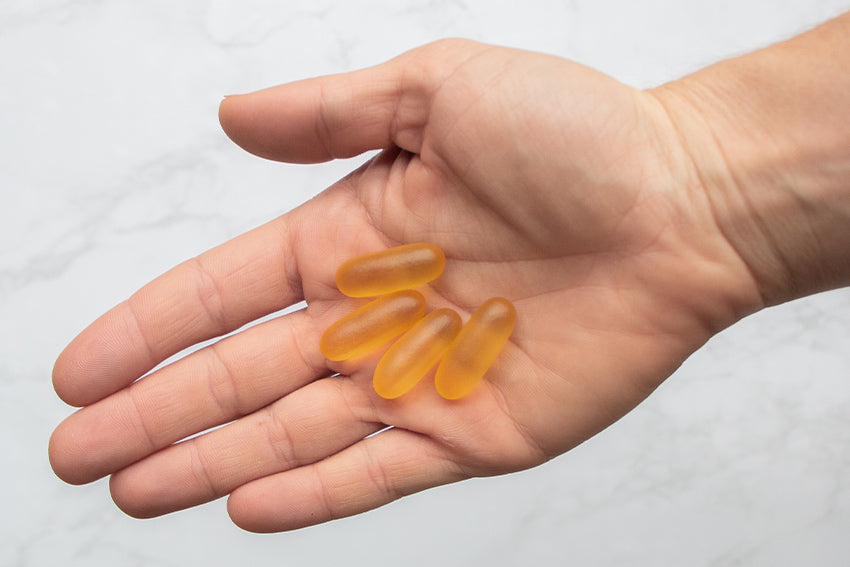



Leave a comment
This site is protected by hCaptcha and the hCaptcha Privacy Policy and Terms of Service apply.